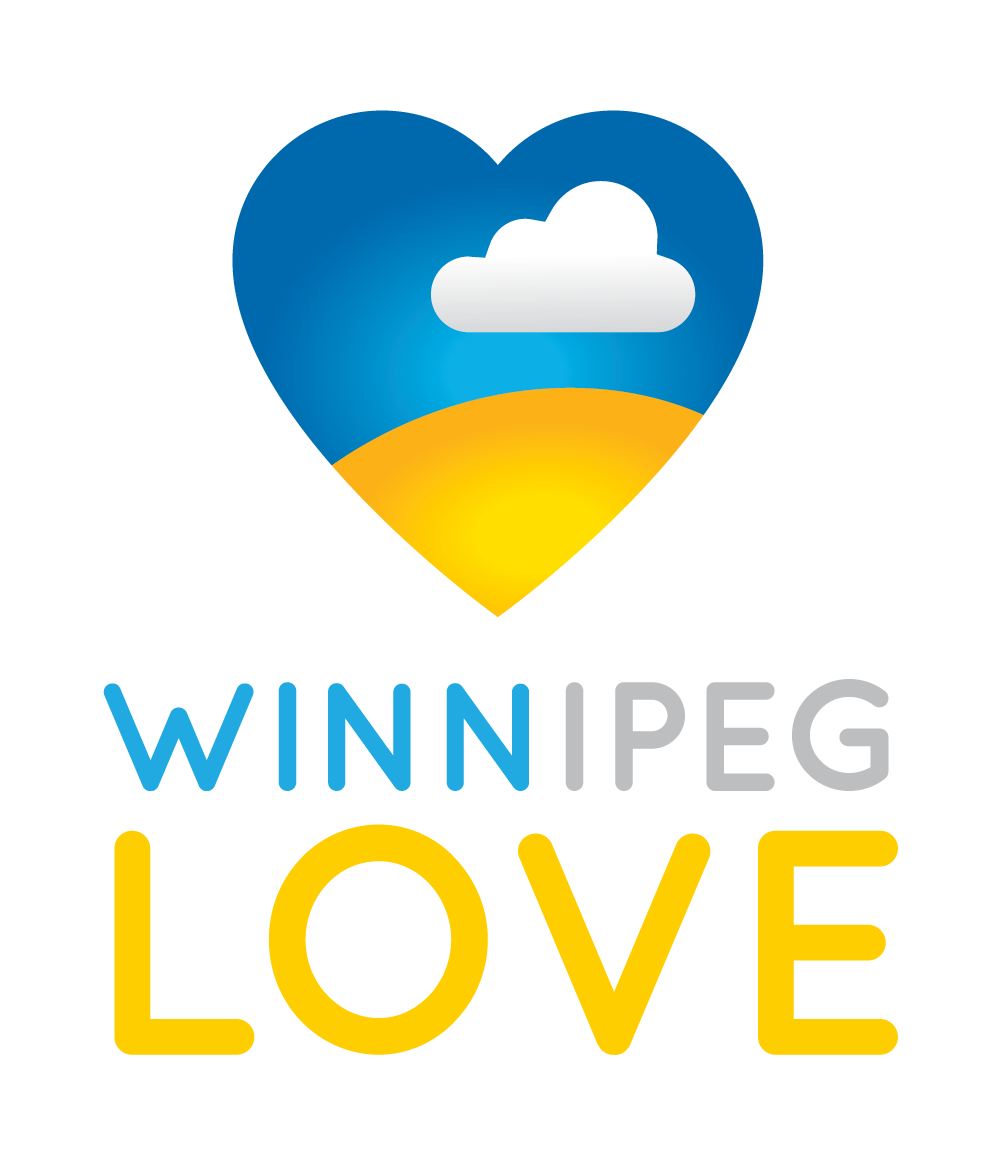The key to ensure representation culturally, across all segments of North American society is to assist with creating a truly multicultural society. This means that North Americans from all communities feel they are represented publicly, in one cultural umbrella or another. Celebrating Everything, or more accurately, at least one major holiday or observance of different cultural communities in our country, can allow us to not only be more inclusive, but help educate and inform those who do not belong to those communities, thereby reducing ignorance, and thus bias and the roots of racism. In many ways, this makes us more cross culturally competent promoting pluralism and democracy. Celebration allows us to address ignorance and hate, through a more functional and positive way that the anxiety and stress that typically come with this kind of discussion. The goal is also to celebrate these holidays the way that these North American communities celebrate them, turning what is typically perceived as foreign into local, exotic into normal, and what is other or them into us; increasing relatability between different groups of people. To be clear, this is different than global festivals where “international cultures” can be stereotyped into how things were or are done “back home”. Rather, this is an initiative to shift thinking and practice to local intersectional identity, and what we truly consider Canadian or American, to move beyond tokenism, and to empower positive cultural and ethnic identities in all North Americans, young and old.
Our current calendar of holidays reflects Christian, or Eurocentric holidays, or at least, primary ones. The goal now is to ensure equity and representation by doing the same with other cultural groups by looking at the umbrella groups communities fall under.
The best way to do this is to start to ensure major religious or cultural holidays are acknowledged publicly by government, business, schools, the media and private organizations. Since religious holidays (not unlike Christmas and Easter) are celebrated both religiously and culturally (secularly) from people in cultural communities, it is important religious and cultural holidays are included in this calendar and are noted below.








 Christianity
Christianity East Asian Community
East Asian Community Black Community
Black Community